We may earn money or products from the companies mentioned in this post. This means if you click on the link and purchase the item, I will receive a small commission at no extra cost to you ... you're just helping re-supply our family's travel fund.
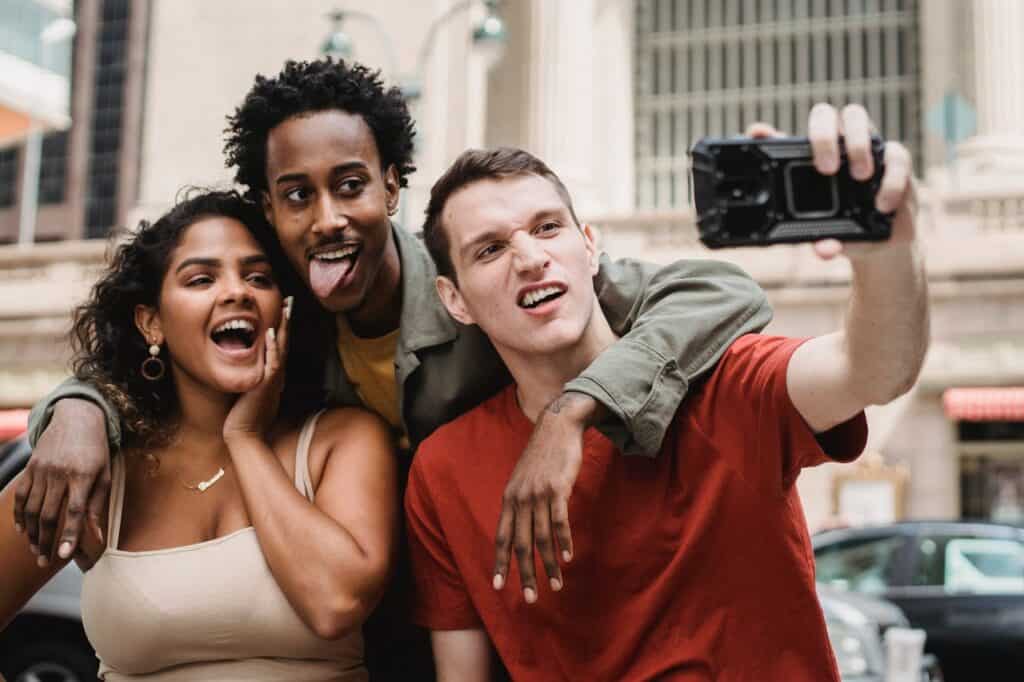
You’re excited about exploring the U.S.- the cities, the food, the people. But here’s the thing: some habits that feel normal to you might come off as rude here. What locals take for granted are unspoken rules built into daily life. Violating them doesn’t always lead to drama; often it just creates distance or awkwardness. If your goal is to experience America at its best, it helps to travel smart. Below are 11 habits to avoid, so you get respect, kindness, and maybe a few friendly nods.
1. Cutting Lines or Queue Jumping
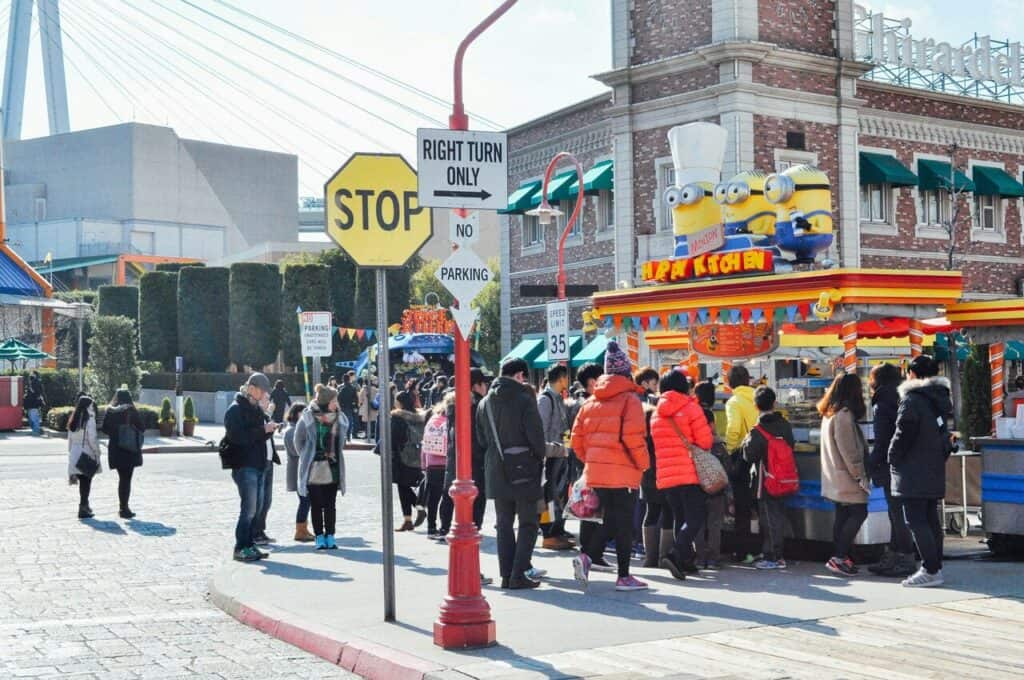
In many places in the U.S., whether it’s a coffee shop, a taco truck, a barbershop, or a theme park, there’s an expectation you’ll wait in line. Trying to skip ahead or hover near the service counter before your turn feels disrespectful. People behind you notice maybe roll their eyes or quietly point it out. It disrupts the flow, causes friction, and often escalates faster than you expect. So if there is a line, fall in at the end. If you’re unsure where it begins, look around or ask. Small gestures like this show you notice others and value fairness.
2. Using an “Outdoor Voice” Indoors

America tends to prize openness and loud enthusiasm, but inside settings like restaurants, museums, public transit, or stores, high volume calls attention. If you’re speaking so loudly that others around you hear your conversation or phone calls, they may see you as oblivious or inconsiderate. Respecting indoor ambience means lowering your voice, especially in places built for quiet: libraries, theaters, galleries. If you need to take a call, step outside or find a hallway. Doing so signals you recognize shared space
3. Blocking Pathways, Doorways, Escalators, or Sidewalks

Travelers often stop suddenly to check maps, take photos, or rest while standing in doorways or escalators. In many U.S. cities, people expect pedestrian traffic to flow fairly smoothly. If you stop in the middle of a walkway, block the doorway, or stand on the escalator’s walking side, you’re likely inconveniencing others. On escalators, for example, the custom is usually to stand right, walk left. If you travel in a group, avoid spreading across the entire width of a sidewalk. Moving aside when you stop and being aware of your position makes things better for everyone.
4. Ignoring Crosswalks and Traffic Signals
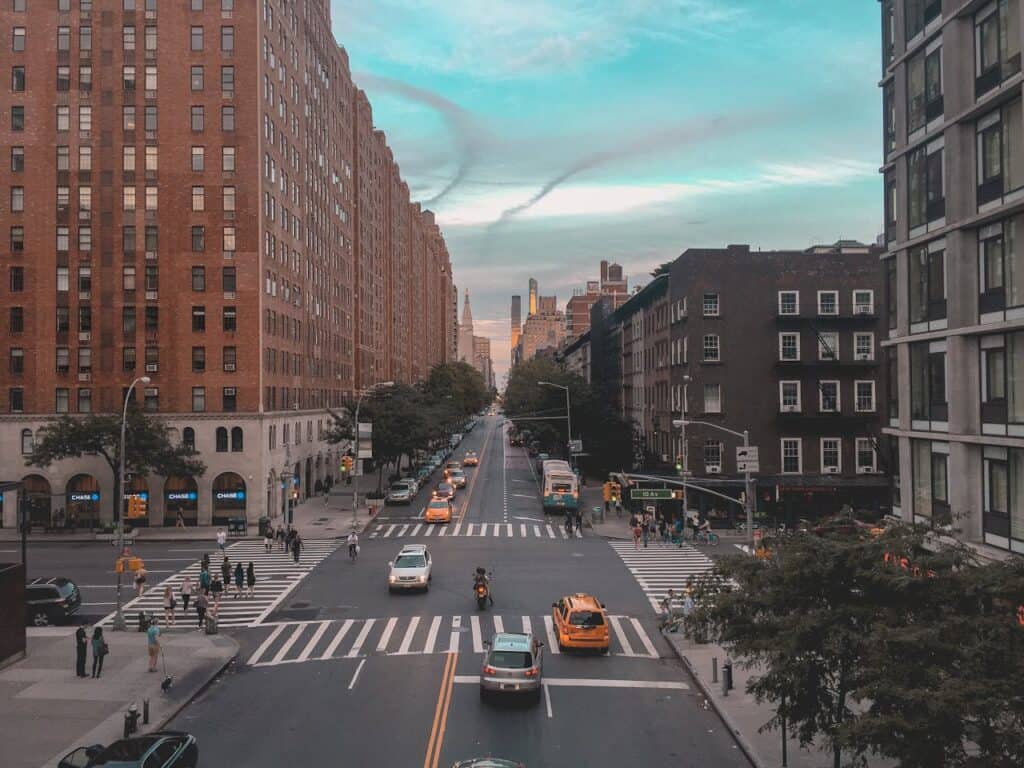
Americans generally expect pedestrians to obey traffic lights, crosswalk signals, and cross only at marked areas. Jaywalking crossing streets outside of crosswalks or against signals is very common in some areas, but in others it can be dangerous, and legal penalties exist. Drivers may assume pedestrians will wait for their turn, and act on that understanding. Crossing recklessly or ignoring signals not only risks accidents but also comes off as careless or disrespectful. Wait for the walk sign, use marked crosswalks, and always look both ways even when it seems safe.4. Ignoring Crosswalks and Traffic Signals
5. Skipping Basic Courtesies With Service Staff
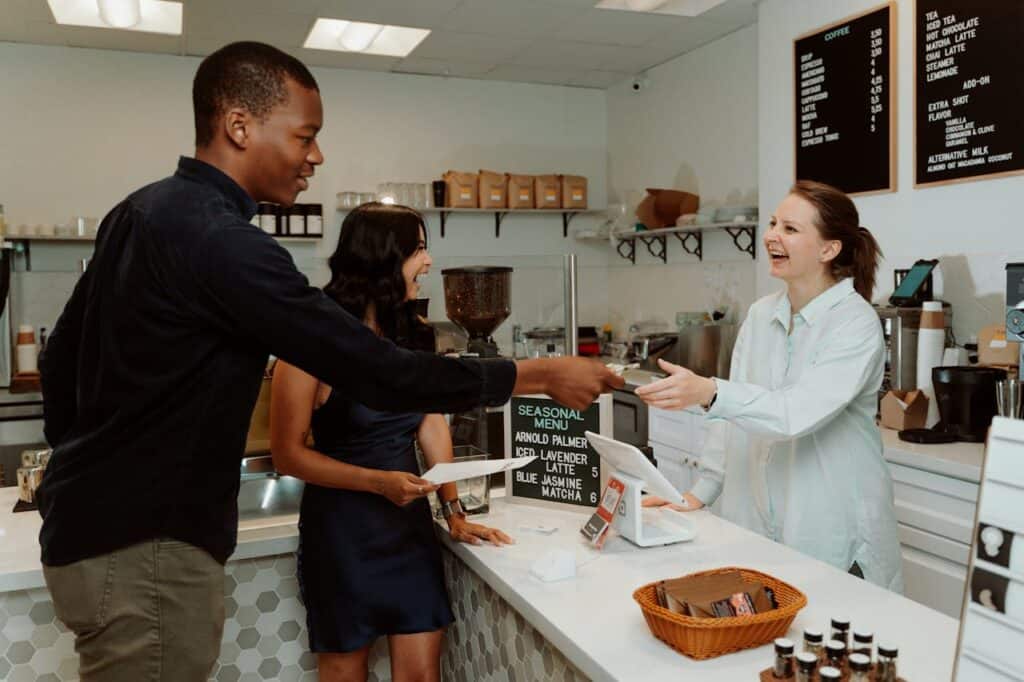
“Please,” “thank you,” listening carefully, stepping aside so the line moves all these matter. If you’re ordering food, staying in hotels, grabbing rideshares, the employees you interact with are doing their best. Acting annoyed, being rude or demanding, expecting extras without appreciating the effort tends to leave bad impressions. If something is wrong say your food or room point it out politely; give them a chance to fix things before escalating. Small kindness often changes the experience significantly.
6. Not Tipping Appropriately
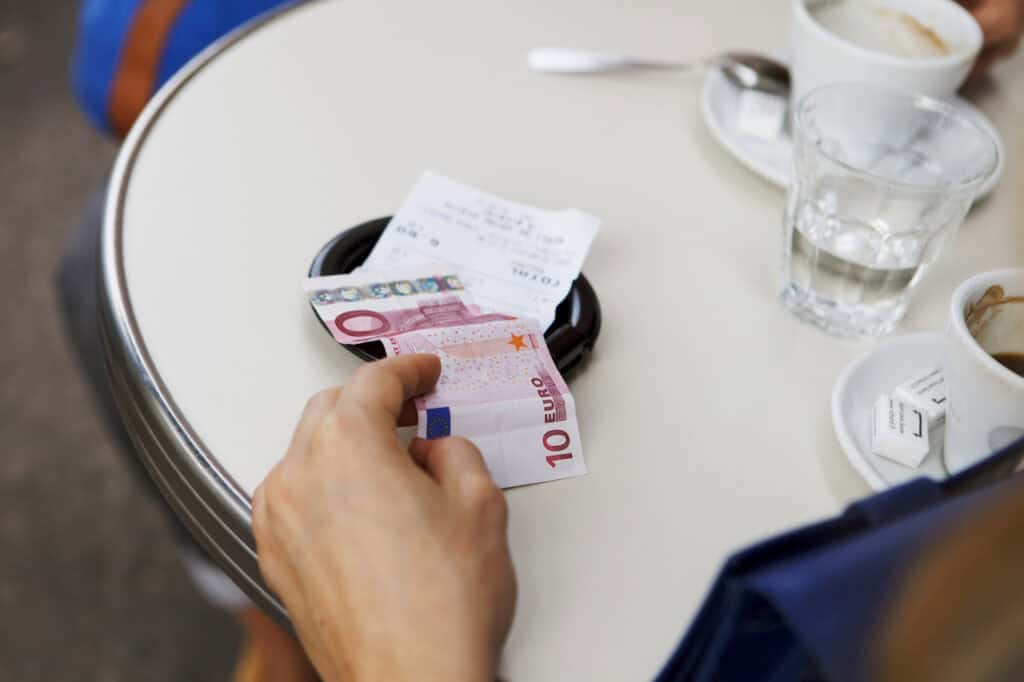
Tipping is deeply embedded in many parts of U.S. service culture. In restaurants, full-service bars, for rideshares, hotel staff, janitorial services, delivery tips often make up a large part of workers’ income. Not tipping, or tipping too little, sends a message of undervaluing service. The “standard” is about 15-20% in many sit-down restaurants; higher if service is exceptional. If you’re unsure, check the bill (sometimes service is included), or observe what locals do. It’s not just money; it’s respect.
7. Overly Casual Dress in Certain Settings

The U.S. is casual in many places. Jeans, T-shirts, sneakers are standard almost everywhere. But there are contexts where dressing up a bit shows respect: fancy restaurants, theater performances, formal events or some religious services. Walking in somewhere upscale wearing flip-flops, tank top, or beachwear can feel out of place. It’s not about being pretentious it’s about matching the tone of the place. If you’re unsure, check online pictures, dress one level up, or carry something to change into.
8. Over-Sharing or Diving Into Politics & Religion with Strangers

Conversation starters in the U.S. often lean light: weather, sports, pop culture. Jumping into weighty topics like religion, politics, money, or deeply personal issues with people you just met can backfire. Some will be open; many won’t expect immediate honesty or debate. What this really means is: save those topics for later, after rapport builds. If someone brings them up, follow their tone. Otherwise stick to safer small talk early on.
9. Assuming Everyone Speaks Your Language or That They’ll Understand Without Effort

English is widespread in the U.S., but assuming people know your native language, or that they’ll understand heavy accent or colloquialisms without clarifying, can lead to misunderstandings. Also, speaking loudly, slowly or repeating things without any effort to clarify can be patronizing. If someone doesn’t understand, switch to clearer speech, use simple words. Be patient. Miscommunication is normal, but how you handle it shows character.
10. Forgetting Time Sensitivity & Punctuality
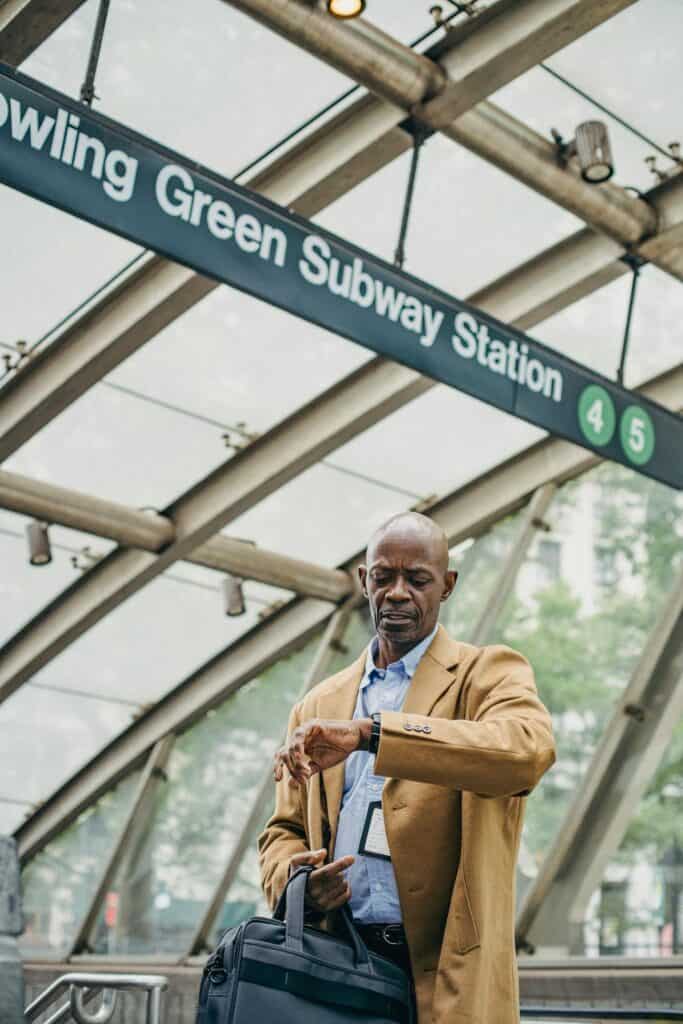
Americans often treat being on time as a sign of respect. Meetings, appointments, shows, reservations all these are scheduled with expectations. If you’re late without notice, people see it as inconsiderate. Even in more social settings (dinner with friends, casual meetups), arriving too late can disrupt plans. When possible plan extra travel time, check local traffic or public transit. If you’ll be late, text or call ahead.
11. Disregarding Laws on Alcohol, Smoking, and Public Behaviour
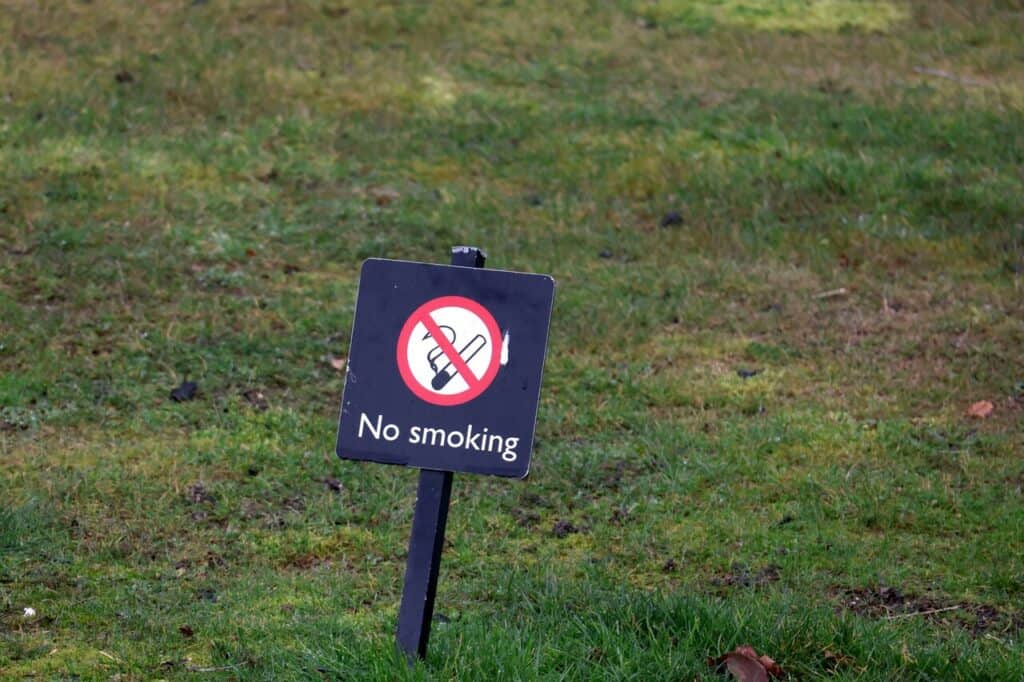
Laws vary by state, and states can be strict. Drinking in public may be banned except in certain zones. Smoking or vaping near entrances, in closed public spaces, or in prohibited areas may lead to fines. Also, behavior like loud arguments in quiet neighborhoods, leaving garbage, or misuse of public property is often taken seriously. What feels like “just messing around” might be illegal or deeply frowned upon. Before you act, check local rules; being mindful keeps trouble away and respect high.